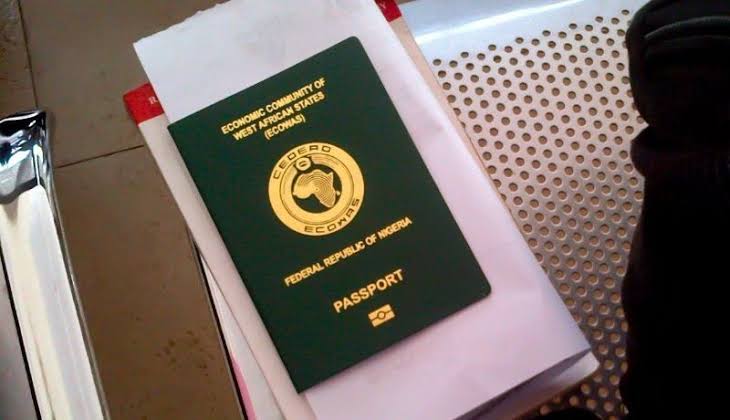The Embassy of Sweden in Nairobi, Kenya, has denied visas to several Nigerian journalists who were registered and invited to attend the 2023 Global Investigative Journalism Conference (GIJC23) to be held in Gothenburg, Sweden, from 19-22 September.
The refusal has raised questions of discrimination against Nigerians and frustration among journalists, who had prepared their visa applications with all required documents.
Four editorial staff members of the Abuja-based online newspaper, THE WHISTLER, had been invited to participate in the prestigious GIJC23 event, which draws investigative journalists from around the world.
Despite providing the necessary documents, including purchased tickets, travel and hotel bookings, and bank statements showing financial support from their newsroom, they were met with baffling and inconsistent reasons for visa denials.
Tadujeen Suleiman, the Managing Editor of THE WHISTLER, who had previously attended the biannual conference, received a rejection letter citing his lack of prior visits to the Schengen area as a reason for the denial.
The embassy expressed concerns about his intention to leave the member states before the visa expiration and questioned his status in Nigeria due to the “general socioeconomic” situation in the country.
In another case, Nneoma Benson, the Head of Crime Desk, was told that despite her recent visit to the Schengen area with a visa issued by Germany in June 2023, she could not be granted another entry visa. The embassy emphasized that previous visits alone did not justify the purpose of her intended stay in Sweden.
The embassy’s refusal also extended to journalists who despite providing additional documentation to appeal the decision, were still denied.
Despite The Whistler newspaper’s registration status with the Corporate Affairs Commission (CAC) being updated from “inactive” to active and the provision of a current Tax Clearance Certificate from the Federal Inland Revenue Service (FIRS), the appeals were rejected without explanations.
Tayo Olu, the Deputy Editor of THE WHISTLER, was also denied due to another baffling excuse. The embassy demanded proof of marriage and family ties in Nigeria, which Olu provided with a marriage certificate, birth certificates of his two children, and evidence of his spouse’s name change issued by the Federal High Court in Abuja.
However, his appeal for a visa was also denied.
Furthermore, Gbenga Adanikin, a Nigerian journalist working with a leading non-profit investigative news website, was denied a visa despite being listed as one of the Speakers at the GIJC23 event, which was scheduled to host over 2,000 journalists.
Adanikin expressed his astonishment, saying he was told that he would “run away” if granted a visa to Sweden, despite recently returning from a programme in the United States that lasted for more than a month.
Suleiman, the Managing Editor of The Whistler, voiced his disappointment over the visa denials, calling them “insulting to Nigeria” and the conference organizers, the Global Investigative Journalism Network (GIJN), who had meticulously vetted the invited journalists.
Suleiman highlighted the importance of not holding such global conferences in countries with tendencies for racism and xenophobia.
“To deny four journalists of a major Nigerian media platform visa to attend a 5-day conference after filing all necessary documents is a xenophobic snub,” said Suleiman.
“This must serve as a bitter lesson for the organizers not to take such important global conferences to countries that have tendencies for racism and xenophobia.”
The GIJC is renowned as the world’s largest international gathering of investigative journalists, offering training, workshops, and networking opportunities for reporters. Organized by the Global Investigative Journalism Network (GIJN), the Fojo Media Institute, and Föreningen Grävande Journalister, the 2023 GIJC was expected to be attended by investigative journalists worldwide.
The GIJC23 organizers have been urged to take note of such issues in the future, ensuring that conferences are held in countries with a more welcoming and transparent visa policy rather than those with troubling patterns of discrimination.



